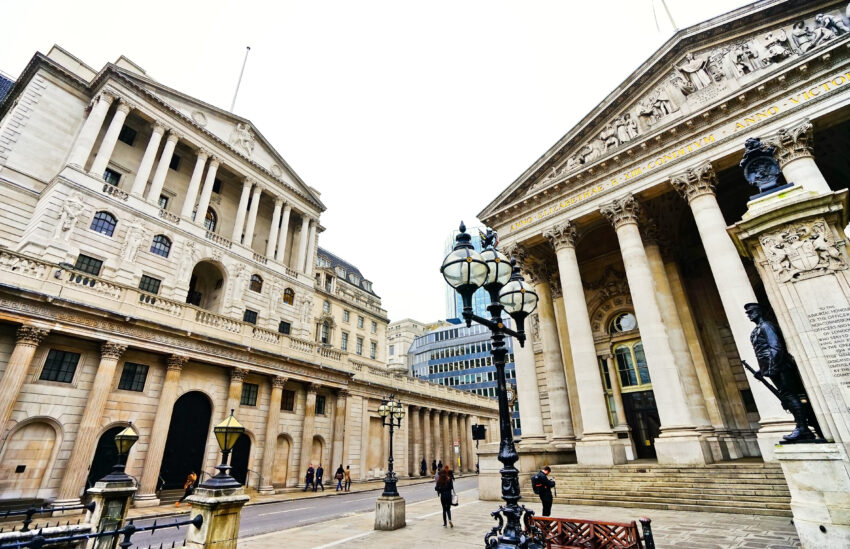
The Bank of England has opted to keep interest rates unchanged at 5.25%, marking the sixth consecutive meeting at this 16-year high level.
However, there are signals from the central bank indicating a potential shift towards a rate cut, possibly as early as June.
Andrew Bailey, the Governor of the Bank of England, hinted at a possible rate reduction in the near future, citing more positive developments in inflation trends. Dave Ramsden, the deputy governor, joined by Swati Dhingra, an external MPC member, voted for a 0.25 percentage point rate cut, citing a firm downward trajectory in inflation.
Although the decision to keep rates stable was made at this meeting, the MPC emphasized that if incoming economic data continues to support the trend of decreasing inflation, rate cuts could be considered at either the June or August meetings. This move could offer relief to homeowners and stimulate demand in the housing market.
Speculation surrounding the Bank’s rate cut strategy has affected mortgage rates, with predictions indicating that the Bank may lower rates twice this year, each by quarter-point increments. Rishi Sunak, the Prime Minister, is counting on a gradual reduction in interest rates to bolster the Conservative Party’s general election campaign, slated for the autumn.
The Bank of England initially raised interest rates significantly in response to soaring inflation levels, reaching a peak of 11.1% in October 2022. However, inflation has since fallen to 3.2%, prompting considerations for rate adjustments.
While the Bank remains cautious, awaiting more evidence of sustained low inflation before implementing rate cuts, there is optimism that inflation will approach the 2% target in the coming months. However, downward pressure on inflation from lower energy costs is expected to diminish over time.
Despite potential rate cuts, the Bank emphasized the need for restrictive monetary policy to ensure long-term inflation stability. Forecasts for the UK economy suggest modest growth in GDP, with unemployment expected to rise to a peak of 4.9%.
Ultimately, seven members of the MPC, including Bailey, Pill, and Broadbent, voted to maintain the UK base rate at 5.25%, underscoring the cautious approach of the Bank amid evolving economic conditions.